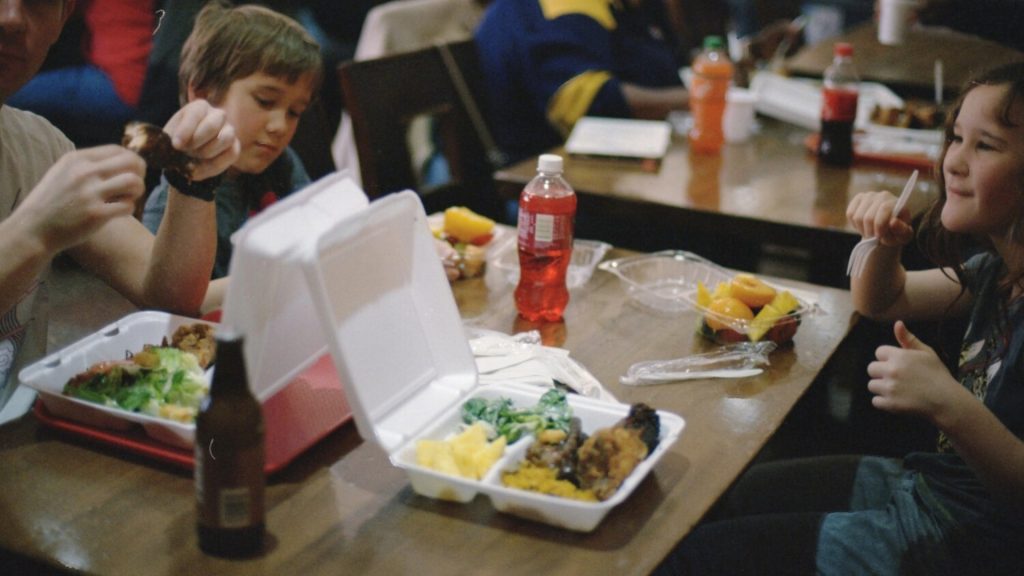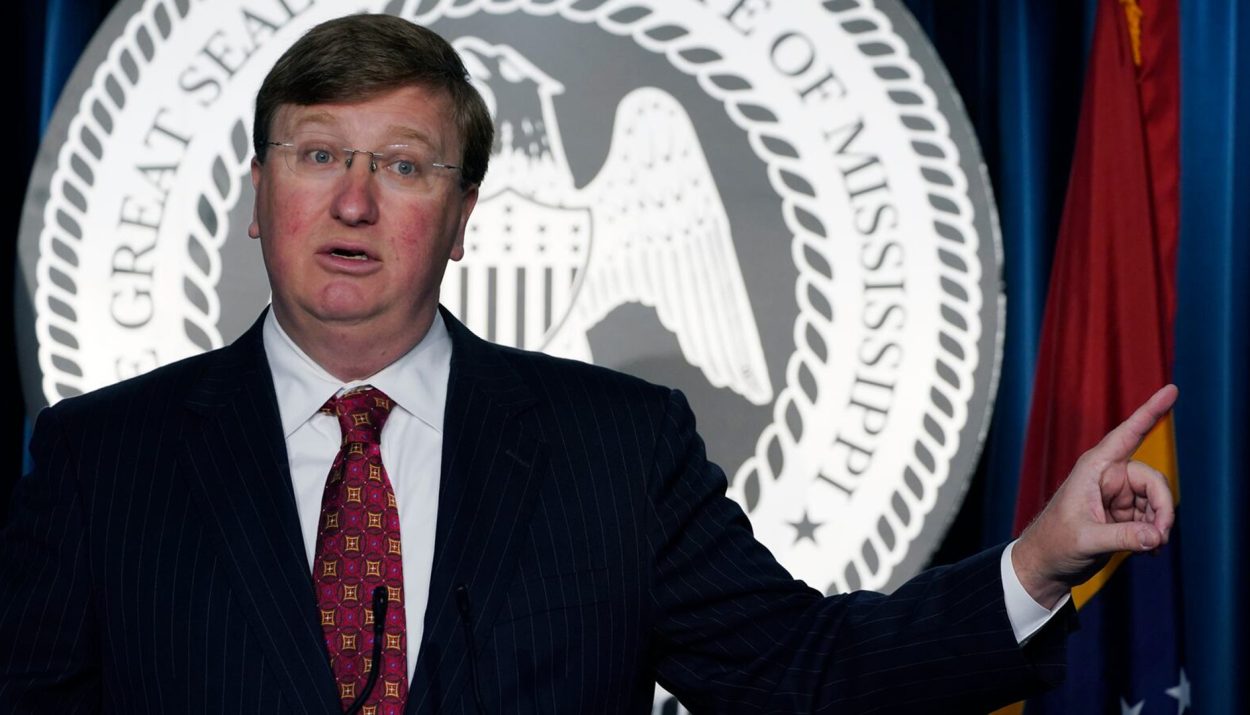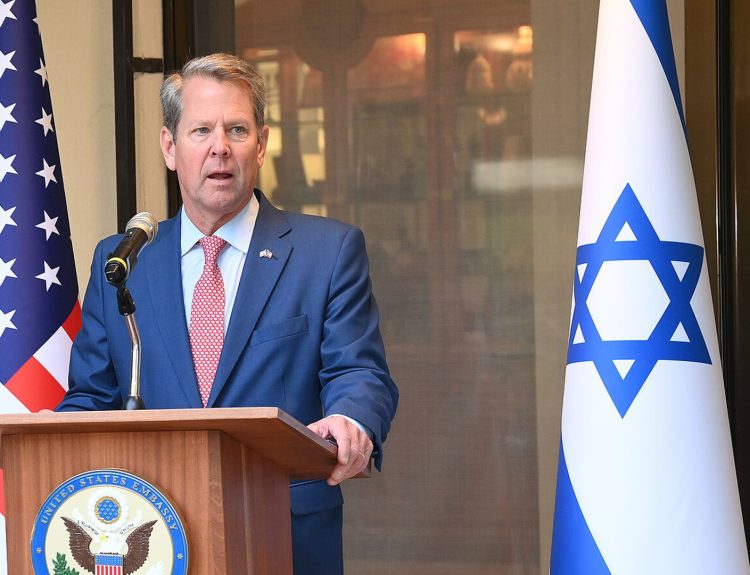On January 10, Wednesday, the United States Department of Agriculture (USDA) announced that over 21 million children in the United States and its territories will receive free or reduced lunch during the summer break. These food benefits will be provided through a newly launched summer EBT or Summer Electronic Benefits Transfer Program that will begin this year.
What is Summer EBT?
According to USDA, more than 30 million children across America can benefit from the Summer Electronic Benefits Transfer Program.

In it, children or low-income families can use the EBT card to buy groceries when schools are closed for the summer. It will begin in the summer of 2024 and provide money to feed hungry children.
The Eligibility Criteria of Child Food Program
Under the program, only those children will be eligible for free or reduced-price lunches whose families are at or under 185% of the federal poverty line. Surprisingly, over 70% of the population falls into this category in the first year of program launch.

According to a report, over 17 million Americans struggle to find enough food for their children. The eligible ones will receive $40 per month for each child or a total of $120. Overall, $2.5 billion will be provided by the USDA through the summer EBT program.
Which States Opted for the Program?
The USDA announced that 35 states, along with five United States territories and four Tribes, will participate in the permanent summer EBT program for children 2024.

Among these selected states, some chose to participate in the welfare program, while others stepped out due to some unknown concerns. Tennessee and Virginia are among the ones who approved the EBT program.
Which States Rejected the Federal Summer Food Program?
Out of 35 allocated states, 15 stepped out of the EBT program, leaving over 8 million children ineligible for grocery benefits.

These states, led by Republican governors, gave individual reasons for not being a part of the federal summer food program. These include Alabama, Alaska, Florida, Georgia, Iowa, Idaho, Louisiana, Mississippi, Nebraska, South Carolina, South Dakota, Texas, Vermont and Wyoming.
Mississippi Governor Faces Backlash For Rejecting EBT
The southern U.S. state Mississippi is also among those who refused to take part in the summer EBT program. The governor, Tate Reeves, faces severe backlash for publicly rejecting the program.

He favored his decision by stating that it is Biden’s attempt to expand the welfare state. Being a member of the Republican party, Tate’s decision was contradicted by Mississippi’s welfare agency, which stated that the state lacks the capacity to administer the program effectively.
The Reason Behind Mississippi’s Withdrawal
As Mississippi’s decision to reject the summer EBT will affect over 324,000 children, people are criticizing Tate Reeve for this act.

His remarks have sparked intense backlash, with different scholars and educationists calling it an act of ‘’cruelty’’. Mark Jones, the spokesperson for the Mississippi Department of Human Services, stated, “Both the Mississippi Department of Education and the Department of Human Services lack the resources, including workforce capacity and funding, to support a summer EBT program.”
States that Favored Tate Reeve’s Decision
Despite receiving intense criticism, some state governors also supported the decision of Tate Reeves and decided to opt out of the summer EBT program.

Nebraska Governor Jim Pillen said in an interview that he doesn’t believe in welfare. The point to ponder here is Nebraska is on top of those states with a high percentage of food insecurity, and this decision will deprive about 150,000 students of food benefits.
Oklahoma Justifies the Statement of Nebraska Governor
It was no other than Oklahoma’s governor, Kevin Stitt, who favored the views of Jim Pillen and gave a rather diplomatic statement on why he rejected the summer EBT program.

Kevin stated ‘’I don’t want a single Oklahoma child to go hungry, and I’ll keep working to accomplish that, but large, duplicative federal programs don’t accomplish that goal. They cause more bureaucracy for families to wade through.’’
Why Iowa Stepped Out of the EBT Food Program?
Going in line with the Mississippi, Oklahoma, and Nebraska, Iowa also decided to step out of the summer EBT children’s food program.

Kim Reynolds, the governor of Iowa, contended that this federal food program is not a long-term permanent solution. Her exact words are ‘’Federal COVID-era cash benefit programs are not sustainable and don’t provide long-term solutions for the issues impacting children and families. An EBT card does nothing to promote nutrition at a time when childhood obesity has become an epidemic.”
South Carolina Governor Questioned the Aim of Summer EBT
Like other states, South Carolina also refused to participate in the summer EBT program.

Henry McMaster, the governor of South Carolina, claimed the program was nothing but an extra benefit during the pandemic era. He stated, ‘’We’ve got to get back to doing normal business. We can’t be doing that forever.’’
Is Rejecting Summer EBT a Political Issue?
With Tate Reeves going against Biden’s act of food program, it seems like the summer EBT is more of a political issue.

The reasons given by governors are to satisfy their statements, and people are not happy with depriving children of their food resources.
Will the Rejection of Governors from EBT Affect Children?
It is beyond doubt that the refusal of states to implement the summer food program will deprive children of their much-needed grocery benefits.

In Mississippi alone, over eight million children will suffer from food shortages due to the rejection of summer EBT.
Why States Reject the Summer Children’s Food Program
Considering the viewpoints of governors who do not support summer EBT, it becomes challenging to tell why these states reject the program.

The critics say these states have no clear strategies or a framework to implement the food program, thus depriving children of food benefits.
How Rejected States Compensate Food Resources?
Over 15 states opting out of the summer children’s food program or EBT raises concern about the food supply among hungry children.

However, the state governors have stated that other programs like SNAP and CSFP are specifically implemented to provide a continuous food supply for children of low-income families.






